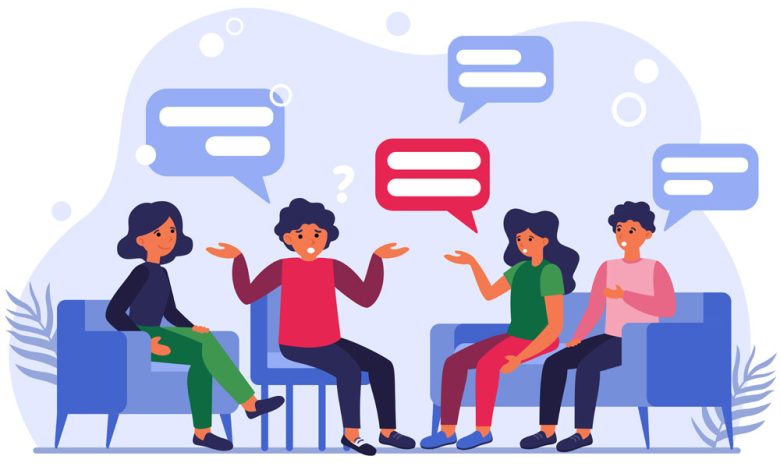How to Prepare For Group Discussion? Tips Dos and Don’ts

Group Discussion, or GD as it is more commonly known, is a communication style in which a group of individuals known as participants exchange their opinions and perspectives with the other participants and work together on their shared ideas to work towards a common aim. A group conversation helps the information flow, questions are asked and addressed, and a team analyses an issue to come up with a solution. A group discussion is a way to narrow down the potential candidates for an interview with a corporation to a select few.
Participating in the debate as a group Before delving into the specifics of group discussions, let’s first examine the prerequisites for taking part. knowledge of issues, general information, and current events. In addition, you need subject-matter expertise if the group discussion is technical in order to participate effectively.
Purpose or objectives of group discussion:
- To narrow down potential prospects for the following round of the hiring process.
- Technical and communication skills are evaluated together.
- Obtaining new suggestions and ideas.
- Determine the answer or answers to any problems.
There are various phases of group discussion
Orientation: The first stage of the discussion in the group. The contestants gather and await the announcement of the rules. The candidates are uncertain because they are unsure of who will lead the conversation and who will start it. At this point in the group discussion, anxiety and anxiousness are frequently experienced.
Here, the discussion’s tenor is established for the initial talks. In this phase, decisions regarding the following course of action, areas that require action, discussions around significant milestones, etc. This phase can be used to gain a general grasp of the participants and their points of view. You have a 50/50 probability of starting the conversation if you want to do so.
You must possess subject-matter expertise, be accurate with your information, and possess strong communication skills in order to grab and hold the attention of the team and the jury. However, if you simply do it to win or to be the first, it would look as bad in the eyes of the team and the panel. Starting a conversation is a crucial duty that needs to be handled accordingly. In addition to facts and data, provide quotations, definitions, statements, and anecdotes.
Conflict: When two or more people are involved, a power struggle is unavoidable. Discussion in groups is not an exception to this. Group members will challenge one another with information and facts when conflict reaches its pinnacle. Disputed topics are brought up, and a faction forms with some in favour of and some opposed to the opinions expressed. The talk will turn into a heated debate as a result of the power struggle.
The few active participants, the ones who are dominant, and the ones who are passive players, the ‘YES’ man, and those who are passive participants and don’t participate to the discussion, are clearly distinguished from the rest. The conversation could get off topic when there is a contentious disagreement going on. The best course of action in this circumstance is to remain composed and forceful. In this stage, you can use both your creativity and problem-solving abilities. Make an effort to include passive listeners in the conversation.
Collaboration: This stage is called teamwork. Once the members have established the pecking order, they settle into a relaxed and cooperative frame of mind. As free communication between team members develops, disputes are handled rather quickly and easily. During this stage of the group discussion, information flow reaches its peak. Here, leadership abilities are still necessary. The participants develop an appreciation for one another’s skill.
The stage where a performer puts oneself on display. In this stage, aptitude and attitude stand out. In this stage, abilities including problem-solving, decision-making, and teamwork are assessed. After the group conversation has included all of the participants, certain common themes and solutions start to emerge. The emphasis now changes to a thorough examination of these chosen topics and any objections. The group is motivated to succeed in their mission. As a result, following a good group debate, it is unnecessary to impose and announce the answer because members usually gravitate toward the most logical one through cooperation.




